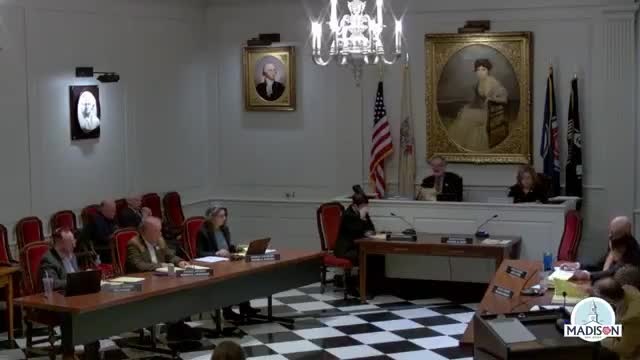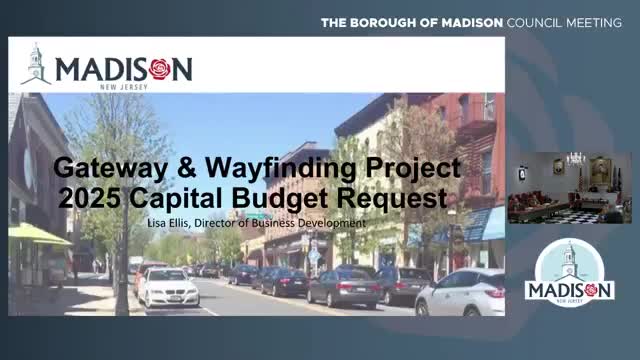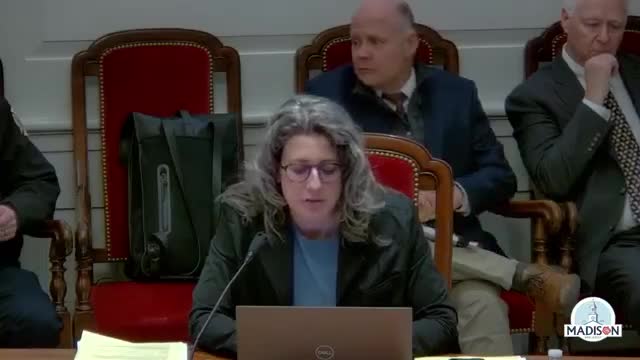Article not found
This article is no longer available. But don't worry—we've gathered other articles that discuss the same topic.

Madison council adopts pedestrian-safety ordinance, updates fire-department disciplinary code; approves consent agenda

Madison seeks $400,000 for downtown gateway and wayfinding signage project

